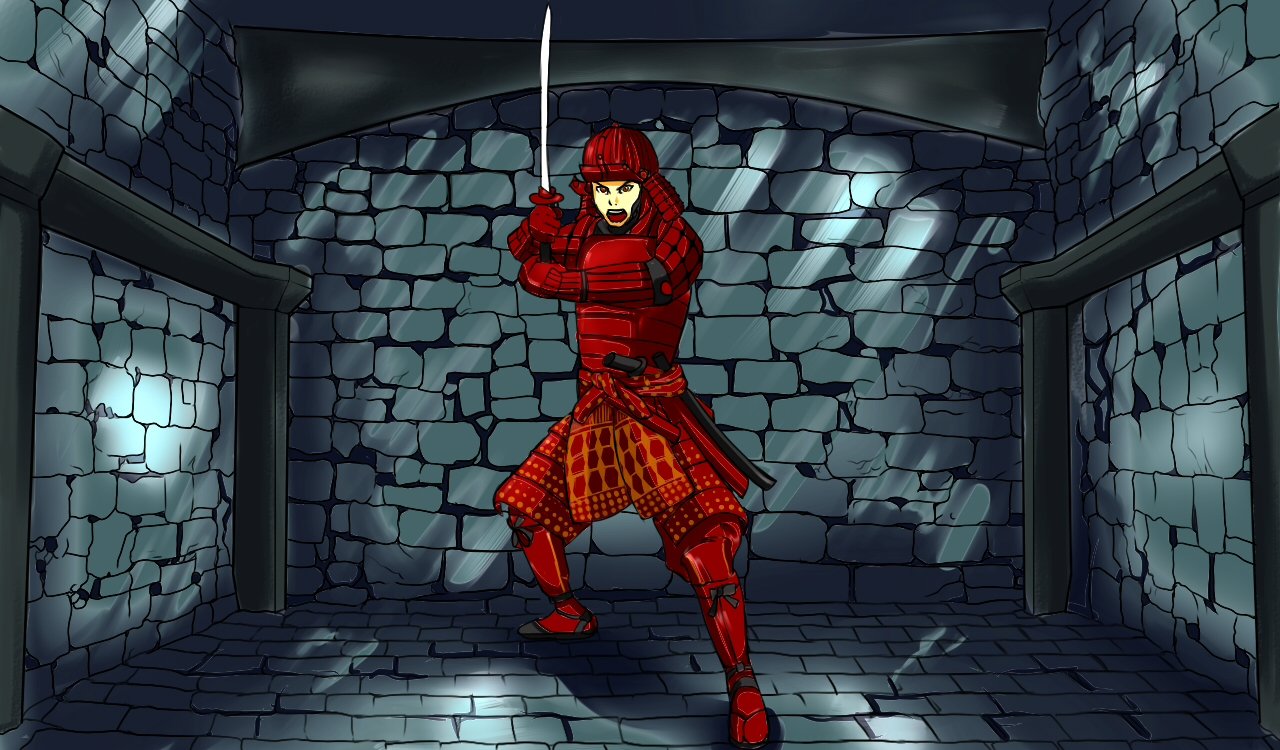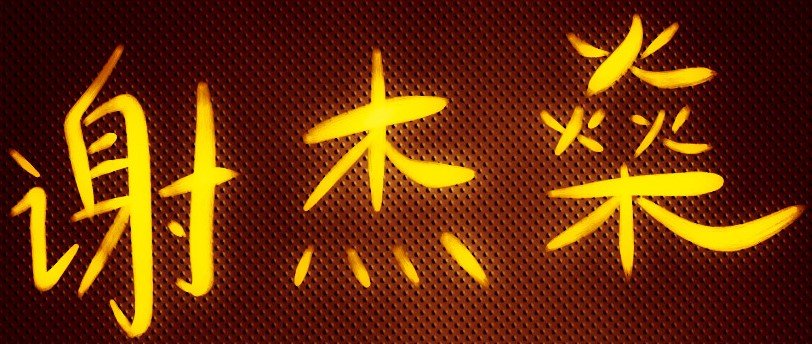
It is fashionable in modern SFF to denigrate religion as oppressive and outdated superstition. Priests are corrupt hypocrites, gods are dead or evil or both, religious doctrine is a lie — and the worst offender is always Christianity in fantasy dress. Science fiction goes one step further, portraying technologically advanced societies that have outgrown religion — including Christianity. Alternatively, religion is treated as window dressing, or as an afterthought plastered on to the setting.
Such derogatory or half-hearted portrayals of religion undermine the genre.
A key element of science fiction and fantasy is awe and wonder. The writer evokes this feeling by portraying an organic world and a cosmology much larger than the characters, and by extension the readers. Drawing upon religion and mythology is a powerful and time-tested method of achieving this.
In the First World, religion has been sidelined from the public sphere for decades. Many Westerners have no conception of what it means to live in a society steeped in religion, where the immanent and the mortal live side-by-side. Japan isn’t far behind, with a highly secularised population. There’s no lived experience and no desire to step outside that experience.
I think it’s a shame. Religion exerts a powerful effect on the human psyche and everyday life. It influences conversational patterns and everyday life, inspires artwork and architecture, births culture and societal values. Rule of law in the West is based on Christian values and its insistence that the rulers hold themselves to a higher law — a law laid down by God. The millennia-old Temple of Artemis, the Statue of Zeus and the Colossus of Rhodes were built in veneration of the Greek and Roman gods. Even in secular life, religion still holds sway: Singapore’s public holidays reflect the multitude of faiths here, particularly Christianity, Hinduism, Islam, and Buddhism.
Look beyond Current Year Western fiction and you’ll find plenty of stories where faith is a central component. Robert E Howard’s Solomon Kane is a Puritan on a one-man crusade to destroy evil all over the world. Journey to the West draws heavy influences from Buddhism and Taoism. Miyazaki Hayao’s animated movies are deeply rooted in Shintoism. Religion offers a rich vein of material for worldbuilding, characterization, philosophy, cultural practices, and more. Detail like this separates cardboard worlds that exist only to prop up the author’s biases, and a living, breathing world populated with believable characters.
Religion plays a powerful role in my own works. The gods of the Covenant Chronicles are drawn from real-world faiths and myths. Adam Song, protagonist of my upcoming series A Song of Karma, bases his actions on Christian and Buddhist teachings. And in Dungeon Samurai, faith is as potent a weapon as the sharpest sword.
At the tactical and most superficial level, prayers serve the same role spells would in any other standard dungeon crawler. There are no magicians in the world of Dungeon Samurai, but clerics with specific training and empowerments may call upon the heavens for intercession. These prayers, however, are sharply limited in stock; once depleted, they take twenty-four hours to replenish. Clerics may only call upon the divinities they worship; they cannot ask others for help, nor can they ask their gods or Buddhas for intervention in areas outside their sphere of influence. Furthermore, these prayers are not instant-win chants. Friendly fire is an all-too-common risk in the close confines of the dungeon, and a fast-moving and aggressive enemy can close the distance before a cleric can complete a prayer.
From this one element, I extrapolated the ramifications and the effects on humanity, and created a society built upon a bedrock of faith.
The main antagonist of the trilogy is a reality-warping demon capable of reaching across time and space to abduct humans and bring them to its realm. When facing an embodiment of evil, it is only natural for humans to turn to the divine. The heavens also refuse to abandon their children; in addition to empowering clerics, they granted the humans a special sphere that gifts powerful skills to humans who touch it. With these skills, the humans can survive on the surface and make war in the depths. These skills become the basis of human organization, with everyone taking up roles that maximises their powers.
Houses of worship form focal points for the human society. The Japanese built a shrine atop a hill that honours the Buddha and the kami, in obedience to the principle of shinbutsu-shugo, the syncretism of Buddhism and Shintoism. Peoples of nations have their own churches and temples, in accordance with the religions they imported from Earth.
These consecrated spaces offer respite from war. War is the most toxic environment known to man, and the dungeon amps it up to eleven. Day after day, the soldiers must brave the soul-rending horrors of the deep. Traps and invisible gas clouds lurk behind every corner, waiting for careless or terrified men. The cracking of bones and the screams of men reverberate in the deeps. When the soldiers do battle, they will be covered in blood and viscera and filth, and they will lose their brothers-in-arms. And this is only the upper floors.
Men will break under such stress. The dungeon itself is designed for the destruction of minds. To ensure their continued sanity, they need time off. Time away from the dungeon, when they can try to piece their fractured and battered minds together in an oasis of calm. Yamada Yuuki found such a place in the shrine, and it quickly becomes his favourite off-duty haunt.
Worship isn’t the only religious practice in this world, merely the most obvious manifestation. Every morning, before an expedition sets off for the dungeon, the priests hold a religious ceremony to seek the blessings of the distant gods. In a setting where faith is a weapon, every little advantage helps. Soldiers who believe they are fighting in the name of God and are under his protection would be motivated to go the extra mile, to plunge deeper into the dark, to face the monsters within with stout hearts.
The Japanese also have a peculiar post-battle ritual. People who have been exposed to blood and death must undergo ritual cleansing, known as misogi harai. At the climax of the ritual, they chant prayers and pass through an ice-cold waterfall. In addition to physical and spiritual hygiene, this ritual serves as a means of communal bonding, and trains the participants to withstand physical hardship.
Religious practice has a profound effect on humans. Protagonist Yamada Yuuki begins the story as a college student with a basic understanding of Kukishin-ryu. Having come from modern-day Tokyo, a society steeped in religion is utterly foreign to him. But as the story progresses and as he gains combat experience, he comes to embrace his faith. Through his practice, he steels his heart, overcomes his fears, and embraces the Way of the warrior — a Way that demands resolute acceptance of death.
Likewise, other characters are also shaped and defined by their faiths. Gabriel Hiroshi Matsuo, Yamada’s best friend, is a Catholic. In the darkness he fights demonic creatures, and in the daylight he is surrounded by alien teachings, and yet he holds true to his own faith — and God notices. Katsura Miduki, the heroine of the series, is a miko, a Shinto shrine maiden. To her, it was just a part-time job. But in this lethal new world, the kami saw fit to grant her powers and prayers. The only way forward is to fully embrace her new identity — even if it leads her deeper into the darkness.
In the context of fiction, religion can be so much more than just window dressing or a convenient antagonist. Religion in our world influences culture, language, law, personalities, governments, and so much more. A meaningful portrayal of religion in fantasy should encompass these fields, showing the impact of gods and faiths on individual characters and on wider society.
It may presently be fashionable to ridicule religion in fiction. But if you would seek the apex of literary skill and thereby bring joy and wonder to your readers, do not embrace the spirit of this world. With your pen, convey the spirit of the world to come.
—

If a brutal-yet-realistic dungeon crawler is right up your alley, check out the Kickstarter of Dungeon Samurai here.
To stay updated on writing news and promotions, sign up for my newsletter here.
Leave a Reply